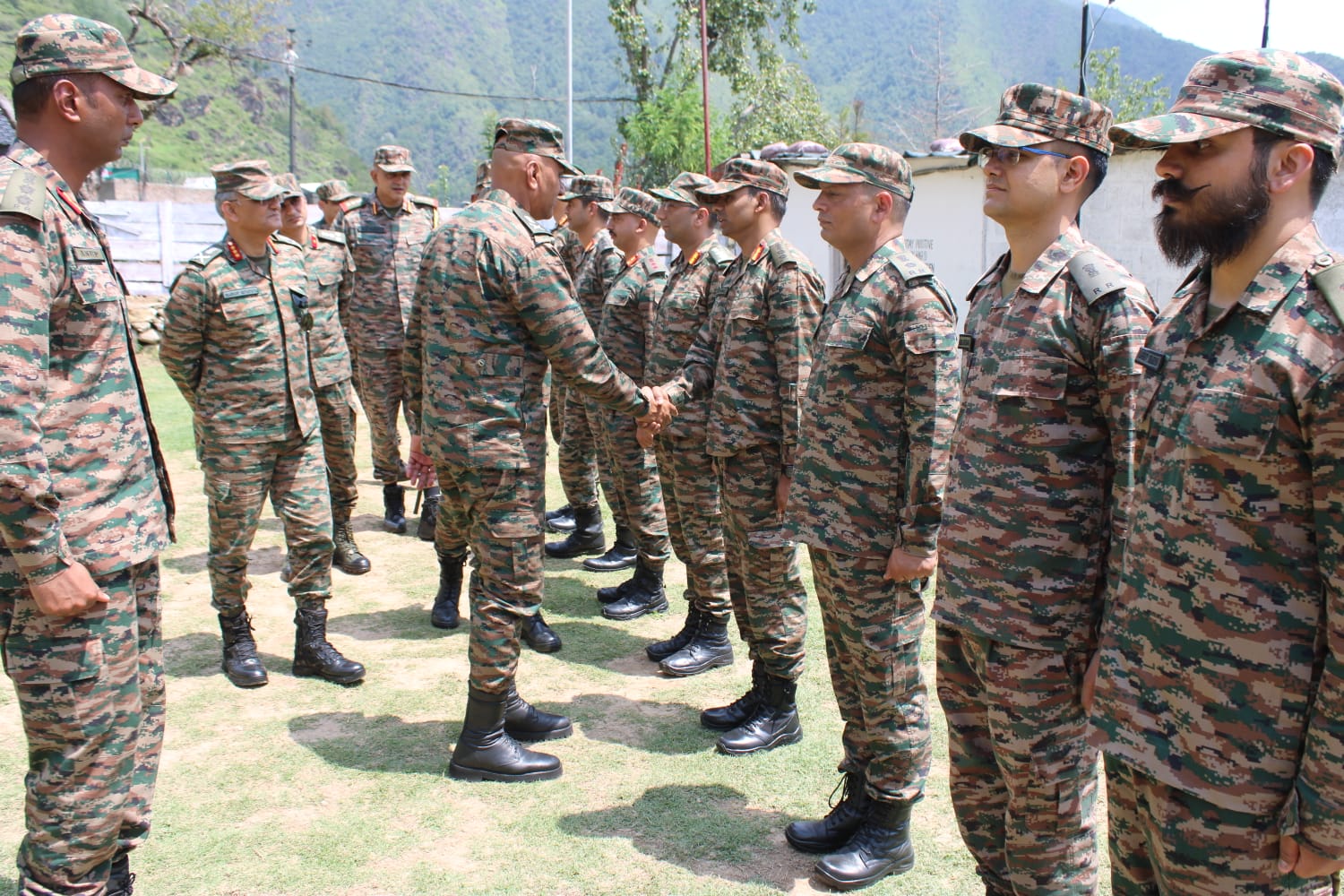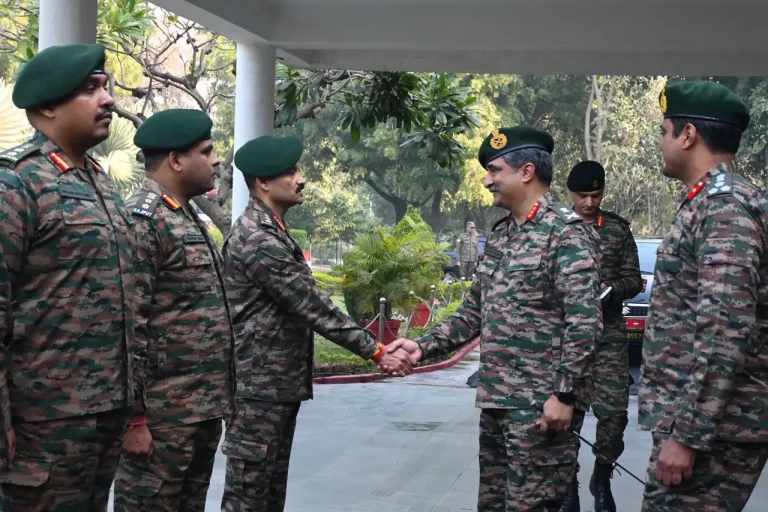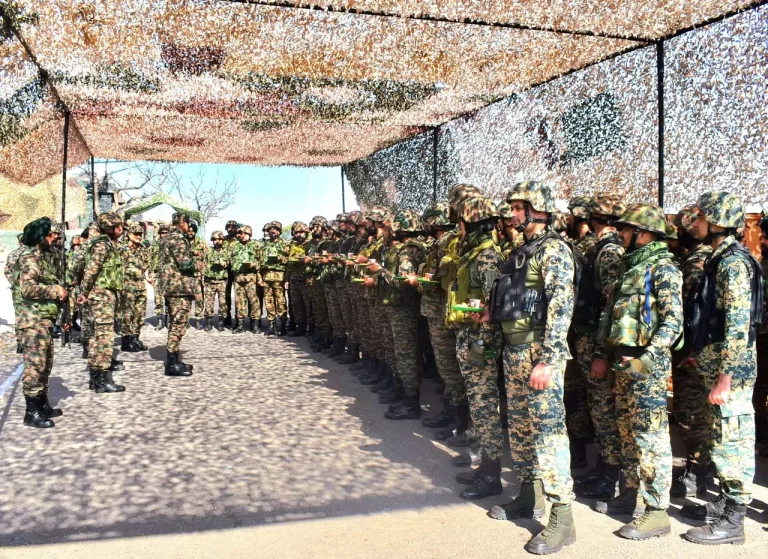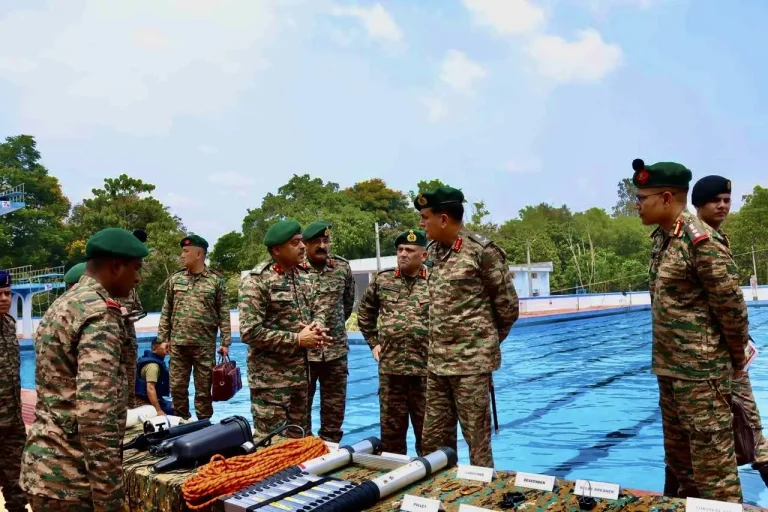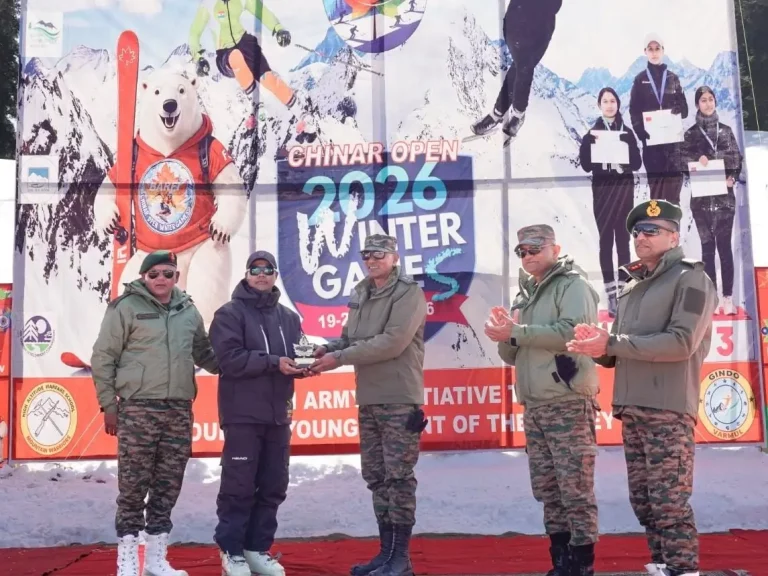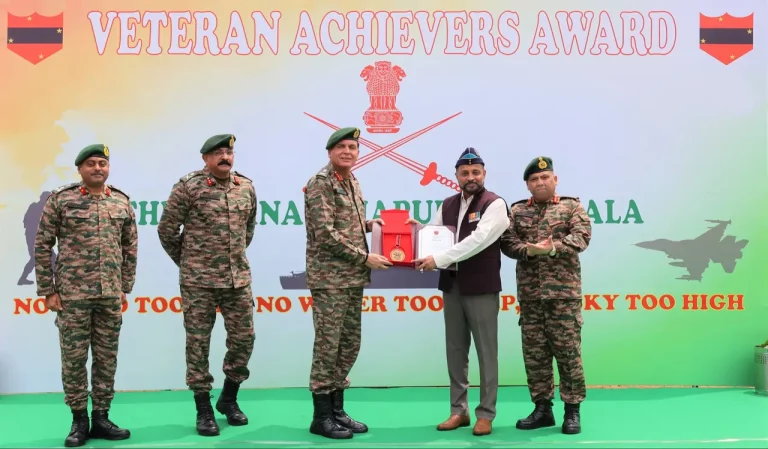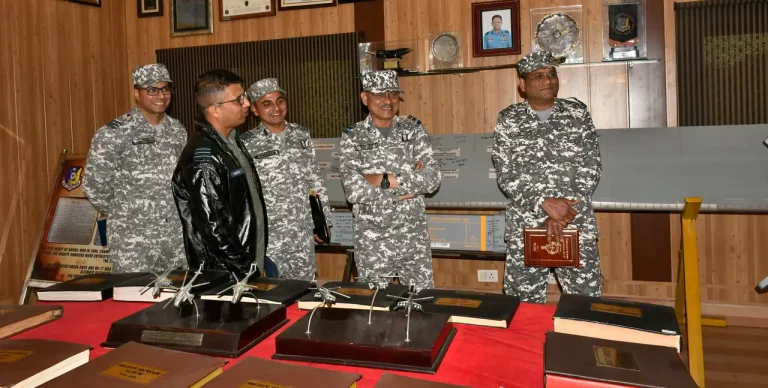In a high-stakes assessment of security measures, Lieutenant General Pratik Sharma, the General Officer Commanding-in-Chief of the Northern Command, visited the Chinar Corps in North Kashmir to review the status of Operation Shiva, a comprehensive security initiative designed to protect the ongoing Amarnath Yatra. This annual pilgrimage, which commenced on July 3 and is scheduled to conclude on August 9, attracts thousands of devotees who traverse challenging mountainous routes to reach the revered Amarnath cave.
The Shri Amarnathji Shrine Board, under the auspices of the Lieutenant Governor of Jammu and Kashmir, oversees the security arrangements for the yatra. During his inspection, Lt Gen Sharma appraised the operational readiness of more than 8,500 troops stationed along two primary routes: Pahalgam and Baltal. He commended the troops for their dedication and professionalism in navigating the difficult terrain while stressing the crucial need for constant vigilance, especially in light of recent intelligence reports indicating potential infiltration attempts and threats from Pakistan-backed terrorist groups.
Operation Shiva exemplifies a multi-agency collaboration encompassing the Indian Army, Central Armed Police Forces, local civil administration, and disaster response units. The security framework is bolstered by advanced surveillance utilizing UAVs, anti-terror patrols, and strategically positioned snipers. Engineering units are also actively engaged in repairing and expanding tracks, constructing temporary bridges, and addressing landslide-prone areas to facilitate a seamless journey for the pilgrims.
In terms of medical preparedness, over 150 medical personnel have been deployed along the yatra route. This includes two advanced dressing stations, nine medical aid posts, and a 100-bed field hospital, alongside 26 oxygen booths with a collective capacity for two lakh liters of oxygen to assist pilgrims acclimating to high-altitude conditions.
Lt Gen Sharma, who took command of the Northern Command in April 2025, brings with him over 37 years of military experience. His distinguished career includes significant roles such as the Director General of Military Operations and Corps Commander of II Corps, as well as participation in United Nations missions in Côte d’Ivoire.
The timing of his visit is crucial, given the persistent security challenges in the Kashmir Valley. The region has a history of militancy and unrest, which has disrupted previous pilgrimages. Notably, the 2016 unrest following the death of Hizbul Mujahideen commander Burhan Wani and several targeted attacks on pilgrims in prior years highlight the area’s fragile security landscape. However, research conducted by the Institute for Defence Studies and Analyses (IDSA) has demonstrated that coordinated operations like ‘Operation All Out’ have significantly reduced militancy-related incidents, achieving a drop of 70% between 2017 and 2020.
Operation Shiva represents a continuation of these strategic efforts, aimed at ensuring not only the safety and sanctity of the Amarnath Yatra but also reinforcing public confidence and promoting regional stability in the face of ongoing challenges.
